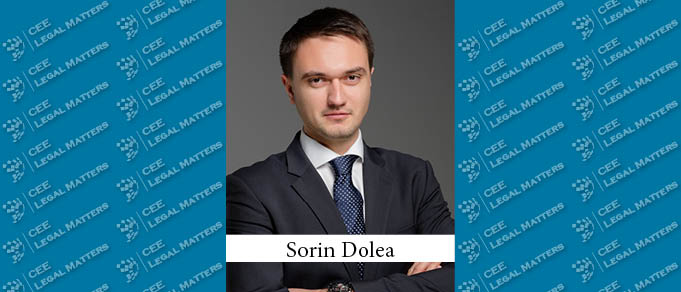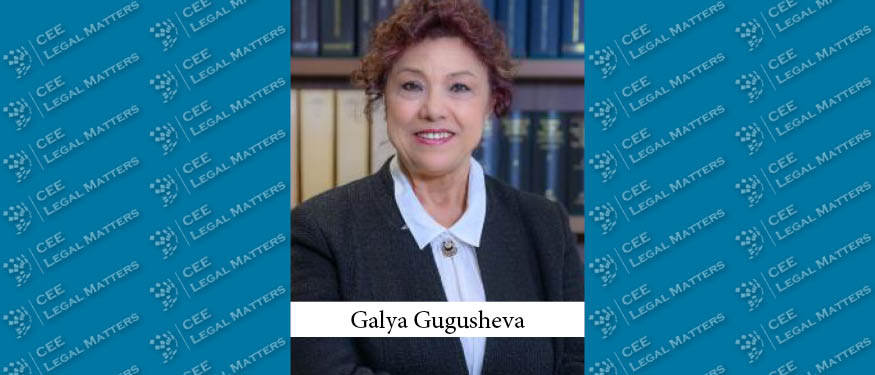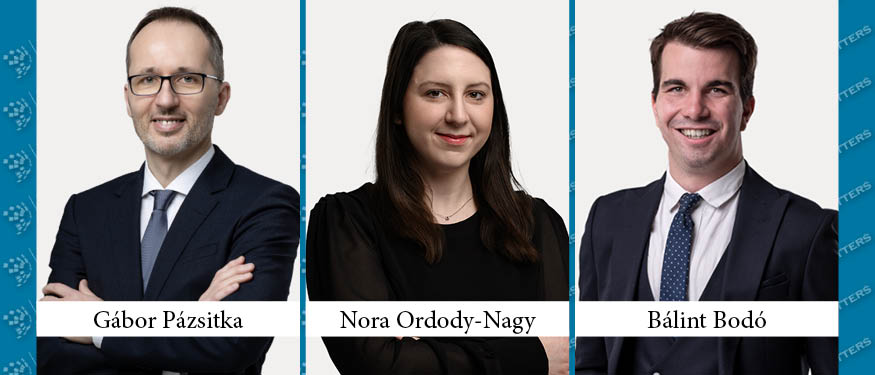Current geopolitical events might revolutionize Moldova’s energy industry, with progress being made on both legal and technical mechanisms, according to Dolea & Co Managing Attorney Sorin Dolea.
"Since last year’s election and one-party majority in parliament, there have been no major political changes in Moldova," Dolea begins. "On the other hand, in terms of geopolitics, the war in Ukraine has been the main subject of discussion for the last a few months."
The current geopolitical situation might have a major impact on energy, leading to significant reforms," he says. "One could say that we see a sort of revolution in this aspect, especially when it comes to gas, electricity, and renewable energy.” Traditionally, Dolea notes, “we had one gas supplier for over thirty years, which is Russia, and our electricity comes mainly from one Russian-controlled producer in the breakaway region of Transnistria. Nowadays, we are trying to find alternatives in EU countries, particularly in Romania.”
He adds that the government, lawmakers, and regulators are hard at work adapting the legal framework. “For instance, our latest changes enable the construction of renewable energy facilities without requiring a change in land destination,” which Dolea says will simplify the entire process. Likewise, “amendments have been proposed for wholesale gas transactions – to facilitate orientation towards the EU market – which are under consideration and likely to be implemented."
"Interestingly," Dolea emphasizes, "the construction of gas infrastructure with pipelines between Romania and Moldova started as early as 2013. To progress further, both adequate technical capacities and a legal framework were needed. The latest events accelerated the process of seeking alternative sources of energy and we see progress in that direction."
According to Dolea, following the war, most transactions in Moldova were suspended and many were canceled. "A lot of business entities and investors seem to be reluctant to do business right now in this region," he notes. "At the same time, we expect waves of litigation and arbitration due to parties’ inability to fulfill their obligations, in particular in cases with suppliers from Russia and Ukraine. We already have a few clients preparing claims in these directions."
Aside from that, Dolea highlights recent legislative proposals. "Quite recently, we had amendments on the issuance of bonds by limited liability companies," he notes. "The new law clarified and regulated the procedures regarding which company body decides the issuance of those bonds, among other aspects. In addition, he says that, recently, “the mandatory judiciary mediation procedure has been eliminated for a number of disputes (e.g., family and labor disputes), which means that parties can now directly litigate these matters, without first going through judiciary mediation."
Finally, Dolea says another major topic in Moldova was white-collar crime, particularly corruption and bribery. "One of the proposed amendments included the abolition of the presumption of legality of gained assets for public officials, envisaged in Moldova’s Constitution. Thus, the public officials suspected of corruption crimes would have had to prove the legality of ownership for their assets," he notes. "This proposal, however, was rejected by the Constitutional Court, and was, therefore, not implemented in the end."















